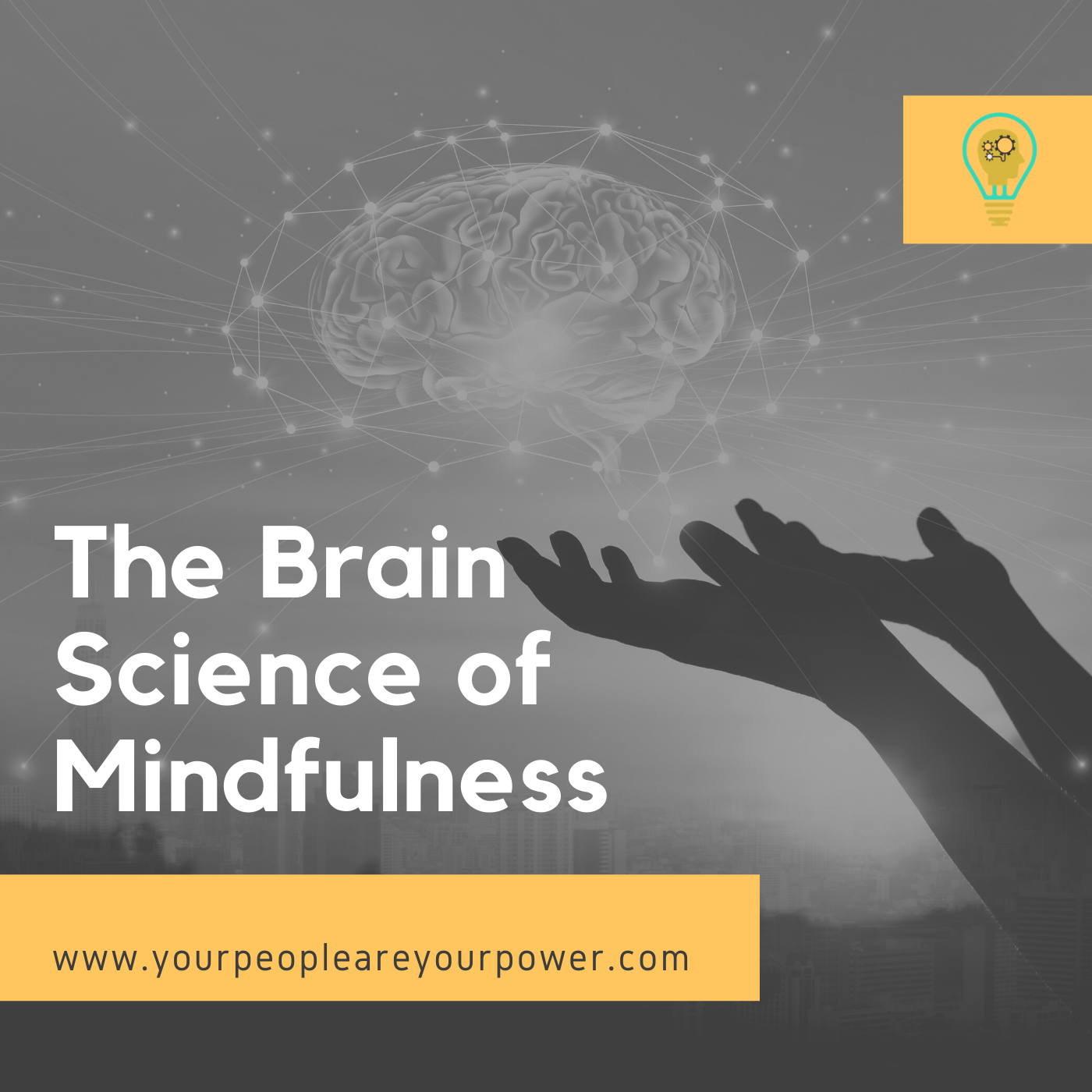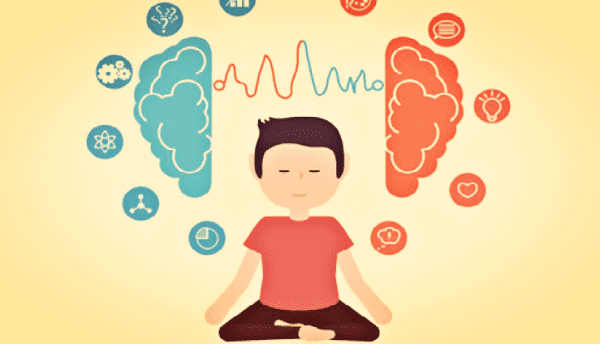- Published on
Mindfulness and Aging: Scientific Insights on Brain Health Benefits and Longevity Enhancement
- Authors

- Name
- Charlie "Big Dawg" Hudson
The Science of Aging: How Mindfulness Slows the Clock

A Friendly Introduction
Hello, dear friends! Let's settle in with our favorite cup of tea and chat about something that touches us all - aging. We'll explore how the practice of mindfulness, a concept rooted in ancient wisdom, can help us navigate the aging process with grace and vitality. Believe it or not, "mindfulness and aging" is a hot topic in today's scientific community.
The Journey of Aging
Aging is like a river, inevitable and constantly moving. We all face common health concerns as we age; our joints may become stiff, our skin loses its elasticity, and our memory might not be as sharp as it once was. Our brain, the command center of our body, also undergoes changes. But what if I told you that there's a way to navigate these changes with more ease and even slow down the clock? That's where mindfulness comes in.

Unraveling the Science of Mindfulness
Mindfulness, simply put, is the practice of being fully present and engaged in the moment, without judgment. It sounds simple, right? But it's more than a buzzword. The science behind mindfulness is rich and compelling. Current research shows that regular mindfulness practices can reduce stress, improve attention, and enhance our overall well-being. It's like a workout for your brain!

Embracing Mindfulness in Aging
Now, let's discuss the crux of today's chat - the relationship between mindfulness and aging. Research shows that mindfulness can positively impact the aging process. It's like adding a secret ingredient to slow down the aging recipe. Mindfulness can help us remain mentally agile, manage chronic pain, and even boost our mood as we age.

The Impact of Mindfulness on Brain Health
Now, imagine this - what if we could keep our brains youthful and vibrant, just like we try to keep our skin glowing and our bodies fit? Several studies indicate that mindfulness can improve brain health in older adults. It can enhance cognitive functions, reduce the risk of dementia, and even increase brain plasticity - the ability of our brain to change and adapt.

Cultivating Mindfulness for Longevity
Mindfulness is like a seed we plant for longevity. It's a daily practice that can contribute to a longer, healthier life. Simple practices like mindful breathing, meditation, or even mindful eating can be incorporated into our daily lives. And guess what? These aren't new-age fads. They are rooted in age-old wisdom and traditional values that respect the mind-body connection.

The Intersection of Aging and Mindfulness
The synergy between the science of aging and mindfulness is fascinating. It's like two paths converging to create a roadmap for healthy aging. As more research unfolds, we are finding that mindfulness can be a powerful tool in our aging journey.

Wrapping Up Our Chat
So, dear friends, as we conclude our chat, let's remember that aging is a natural part of life. But with mindfulness in our toolkit, we can navigate this journey with more grace, vitality, and even slow down the clock a notch. Isn't it empowering to know that we can influence our aging process?
Try incorporating a simple mindfulness practice into your day and share your experience with us in the comments!
Some Light Reading
For those who want to delve deeper, here are some scientific studies and articles on mindfulness and aging that I found insightful.
